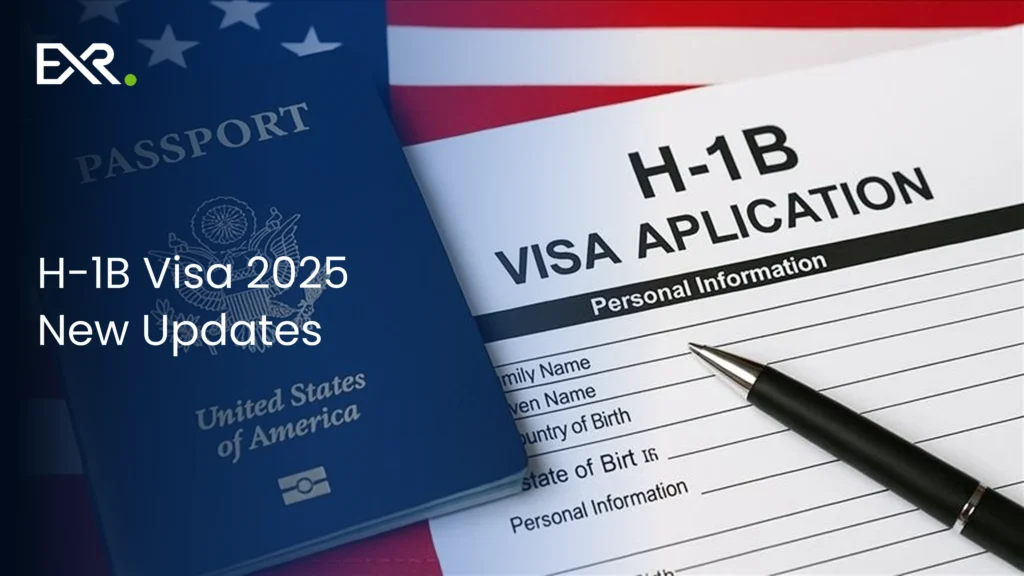A Sudden Shock to the System
On September 21, 2025, U.S companies had a difference of opinion on the change in policies that caused most to get pedestrianized and less industrialized than before. In a new executive order, an outrageous fee of $100000 was charged on the H-1B claims, and failure to pay it resulted in unwelcome entry by foreign workers.
The announcement had an effect of causing near panic. Recruiters panicked, immigration lawyers took up frenzied calls, business forums filled to a frenzy: Who does this help? Will renewals be safe? Is this permanent?
What’s Really at Stake?
The H-1B visa has always served as the interface between U.S. companies and foreign talent. Tech companies, hospitals, research labs, etc, are all dependent on it. New fees and entry restrictions not only increase costs, it increase the stakes.
It is too difficult a pill to swallow, but easily manageable in the case of big companies. In smaller companies that have fewer than 50 and up to 100 employees, it can mean the difference between a good developer and no one at all.
Winners, Losers, and the Talent Equation
- Stakeholders Winners: Multinationals such as Microsoft or Google. They would be able to pay the fee, reorganise teams, or redistribute roles amongst their overseas offices.
- Lawyers: Startups and small businesses, who cannot afford this way. In their case, 100K per petition may annul what they hire every year.
- The Talent equation: The halfway fixed talent workers remain wondering whether the U.S. will remain the best place they could ever have their careers.
Why Remote Hiring Will Grow?
There is never a time when history fails to repeat itself whenever visa restrictions are tightened: work goes to another place. It occurred previously where similar policies resulted in the outsourcing and offshore center expansion. The same trend is likely now.
Firms that are unable to call the workers to the U.S. will focus more on the outsourced talents of South Asia and the Middle East, as the skills are the same, but the price is likely to be lower.
The irony? Restrictions instead of keeping jobs bring them overseas.
The Conversation Beyond Washington
On websites such as Trump H-1B visas Reddit, discussions are heated. What is regarded by some as a win for American employees. Others see a policy that threatens to lower U.S innovation. There are political immigration alerts of bottlenecks. Economists refer to the risks of long-term competitiveness.
The white house has attempted to calm the nerves by issuing a fact sheet that explained that the renewals are being waived and the rule was only temporary and would only last 12 months. However, the businesses are not convinced: when one rule, such as this one manifested, it can be easily prolonged.
Looking Ahead: A Turning Point?
This remains to be seen whether this is a brief one-year disruption or the beginning of a new immigration era. However, one thing is evident: the talent market in the U.S. has just changed.
- Enterprises will adapt.
- Remote options will be sought by the small and medium-sized firms.
- International talent shall initiate exploring other destinations, and not just the U.S.
H-1B new rules of 2025 are not a matter of fee only. They are concerned about the 21st-century brain competition among nations. And to businesses, it is a simple matter, either it is time to start adjusting, or lose out.


